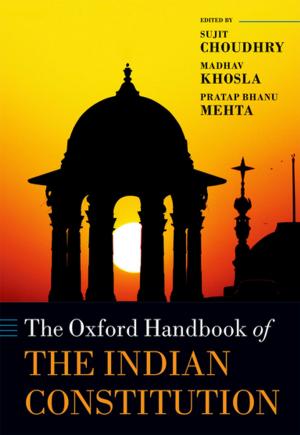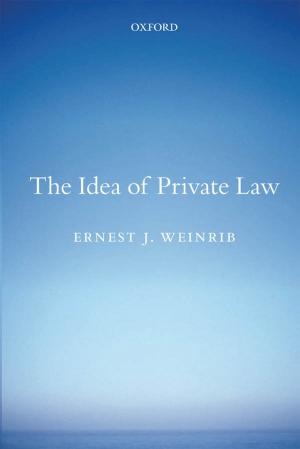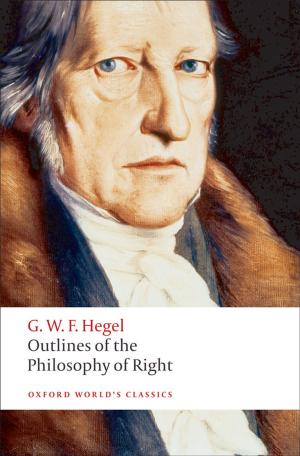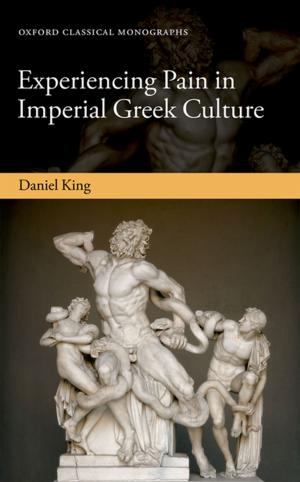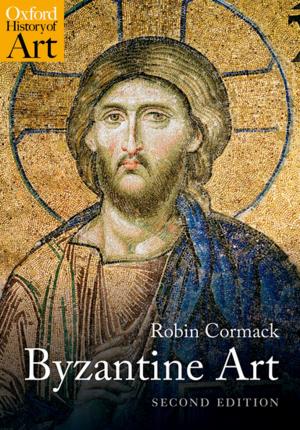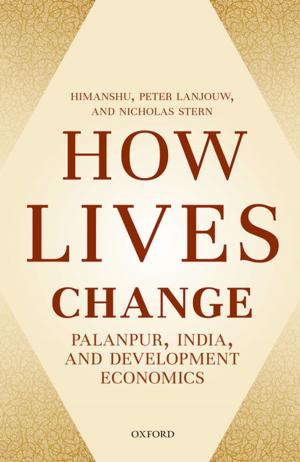New Essays on the Knowability Paradox
Nonfiction, Religion & Spirituality, Philosophy, Logic, Reference & Language, Language Arts| Author: | ISBN: | 9780191608681 | |
| Publisher: | OUP Oxford | Publication: | June 4, 2009 |
| Imprint: | OUP Oxford | Language: | English |
| Author: | |
| ISBN: | 9780191608681 |
| Publisher: | OUP Oxford |
| Publication: | June 4, 2009 |
| Imprint: | OUP Oxford |
| Language: | English |
In 1945 Alonzo Church issued a pair of referee reports in which he anonymously conveyed to Frederic Fitch a surprising proof showing that wherever there is (empirical) ignorance there is also logically unknowable truth. Fitch published this and a generalization of the result in 1963. Ever since, philosophers have been attempting to understand the significance and address the counter-intuitiveness of this, the so-called paradox of knowability. This collection assembles Church's referee reports, Fitch's 1963 paper, and nineteen new papers on the knowability paradox. The contributors include logicians and philosophers from three continents, many of whom have already made important contributions to the discussion of the problem. The volume contains a general introduction to the paradox and the background literature, and is divided into seven sections that roughly mark the central points of debate. The sections include the history of the paradox, Michael Dummett's constructivism, issues of paraconsistency, developments of modal and temporal logics, Cartesian restricted theories of truth, modal and mathematical fictionalism, and reconsiderations about how, and whether, we ought to construe an anti-realist theory of truth.
In 1945 Alonzo Church issued a pair of referee reports in which he anonymously conveyed to Frederic Fitch a surprising proof showing that wherever there is (empirical) ignorance there is also logically unknowable truth. Fitch published this and a generalization of the result in 1963. Ever since, philosophers have been attempting to understand the significance and address the counter-intuitiveness of this, the so-called paradox of knowability. This collection assembles Church's referee reports, Fitch's 1963 paper, and nineteen new papers on the knowability paradox. The contributors include logicians and philosophers from three continents, many of whom have already made important contributions to the discussion of the problem. The volume contains a general introduction to the paradox and the background literature, and is divided into seven sections that roughly mark the central points of debate. The sections include the history of the paradox, Michael Dummett's constructivism, issues of paraconsistency, developments of modal and temporal logics, Cartesian restricted theories of truth, modal and mathematical fictionalism, and reconsiderations about how, and whether, we ought to construe an anti-realist theory of truth.

